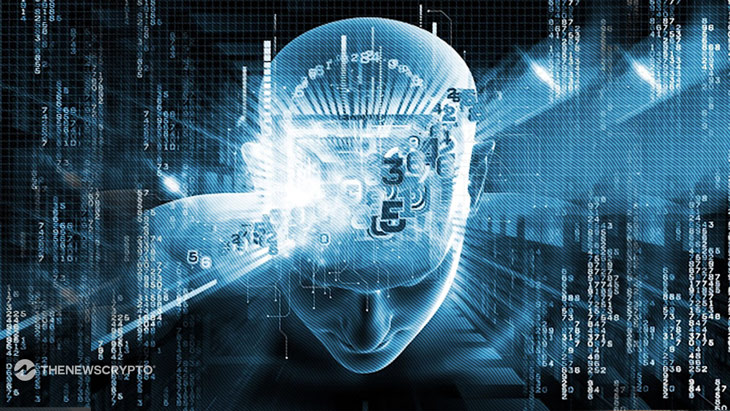Over the last four years, the presence of artificial intelligence (AI) and its associated technologies has seeped into several key industries, be it supply chain management, healthcare, or finance. As a result, discussions surrounding the need for ethical AI development and deployment have grown globally.
In this context, the blockchain, with its inherent properties of transparency and immutability, has put forth a new paradigm for enforcing ethical standards with today’s burgeoning AI economy.
According to a study by the Pew Research Center, 68% of Americans are concerned about the increasing use of AI in many of their day-to-day activities. Their concerns stem from fact that today’s major AI platforms lack the adequate user privacy safeguards while presenting biased data due to the preferences of their programmers.
Another primary challenge quickly emerging in today’s AI ethics landscape is ensuring transparency and accountability. A recent research paper highlighted that only 18% of the top 100 AI companies have publicly discussed their ethical foundations, thus making it unclear as to how they are working to eliminate any inadvertent biases present in their systems.
The dawn of an ethical AI ecosystem is upon is
To mitigate these challenges, the blockchain (particularly its use of an immutable ledger and smart contract capabilities) is helping facilitate the creation of a framework that can audit AI decision-making processes while maintaining ethical compliance in real-time.
It can also provide a transparent record of an AI’s decision-making algorithms as well as clearly delineate the data it used to reach its conclusions.
One project working in this regard is 0G. As the “fastest modular AI chain” in the market today, it provides an infinitely scalable data availability layer and data storage system, offering the necessary infrastructure to scale Web3 and bring novel use cases on-chain.
In fact, 0G’s throughput has been recorded and found to be a staggering 7,600 times greater than its rival data availability (DA) solutions, offering an unprecedented 50 GB/second.
One of 0G’s key features is its programmable data availability infrastructure, allowing developers to build scalable, secure applications on verifiable, low-latency data feeds. Moreover, by providing access to real-time, trusted on-chain information, 0G enables the creation of AI applications that can be audited and verified for ethical compliance with the touch of a button.
Technically speaking, the 0G Storage Network offers a general data storage system for both structured and unstructured data., something that is crucial for maintaining comprehensive records of AI model training data, decision processes, and outcomes.
Moreover, thanks to the platform’s on-chain optimized infrastructure, it allows for the storage of large inference traces and input data sets. This feature is particularly valuable for implementing ethical AI frameworks that require detailed logging and analysis of voluminous decision-making processes.
In fact using 0G, developers can customize token mechanics, fields, and storage length, allowing for the implementation of specific ethical constraints and requirements within AI models.
An ethical future awaits us
In recent years, the discourse surrounding AI and its ethical growth has garnered a lot of attention. For instance, in 2023, the White House announced a $140 million investment to address the moral challenges associated with the exponential rise of AI.
UNESCO, too, has been actively promoting ethical frameworks for AI deployment globally, emphasizing the importance of human rights protection and the need for inclusive governance structures.
Lastly, the “black box” nature of today’s AI systems poses a major challenge when it comes to ensuring transparency and accountability, especially in sectors such as healthcare and autonomous vehicles, where understanding decision-making processes is vital for the safety and ethical governance of all the stakeholders involved.
Similarly, the rise of AI-generated content has raised complex questions about ownership rights. As AI systems continue to generate massive volumes of information based on others’ intellectual property (IP), it is becoming harder to determine and navigate the legality of this fast-evolving terrain.
Looking ahead, platforms like 0G stand to offer advanced solutions capable of embedding ethical considerations directly into the fabric of their associated AI systems, thereby offering unparalleled levels of transparency, auditability, and ethical compliance — inspiring more trust and confidence amongst users in the process.








